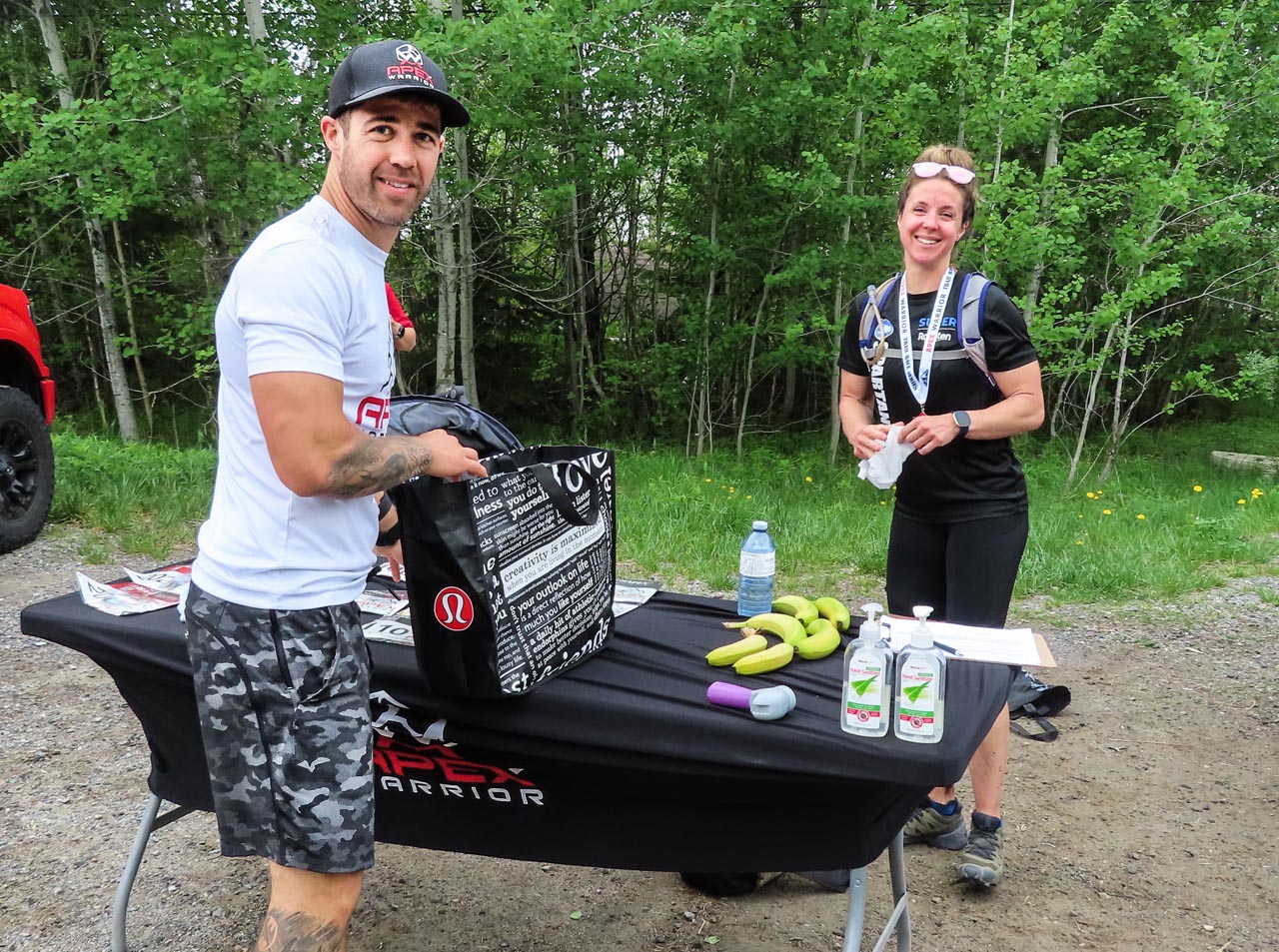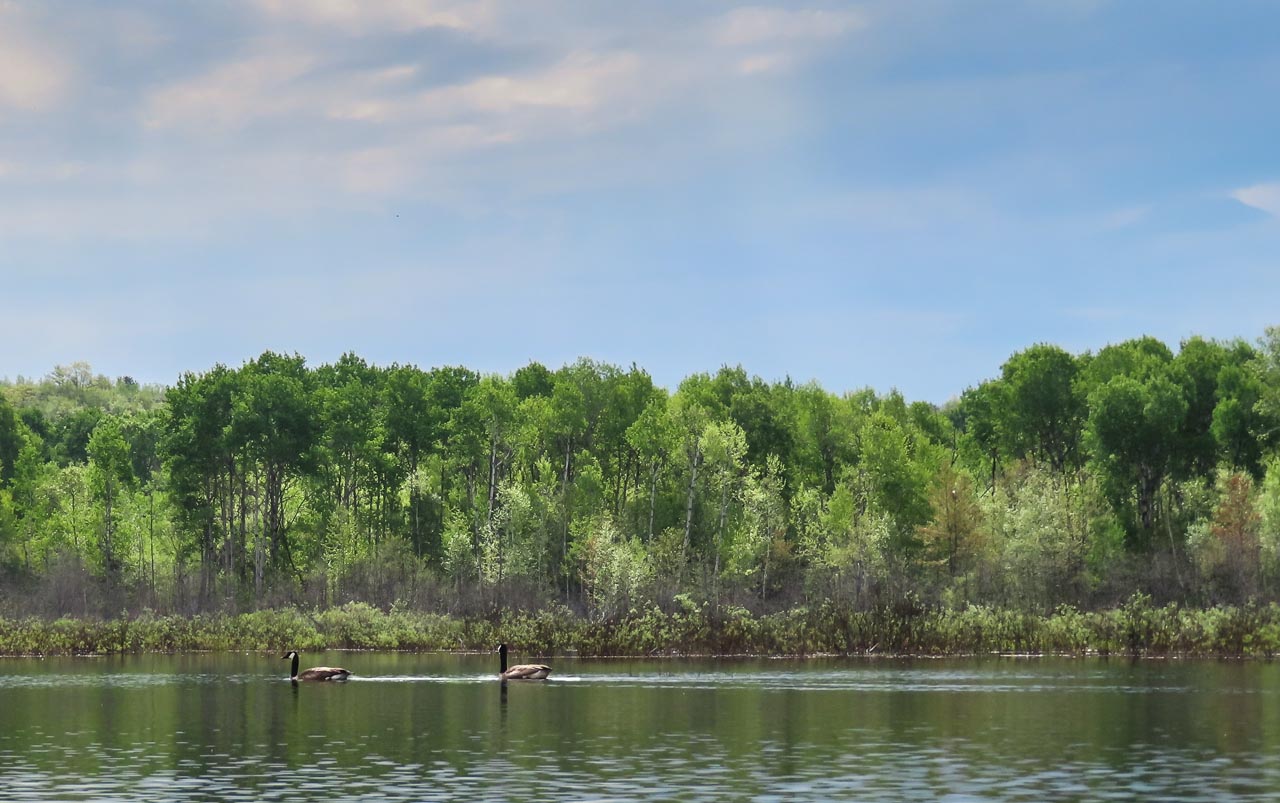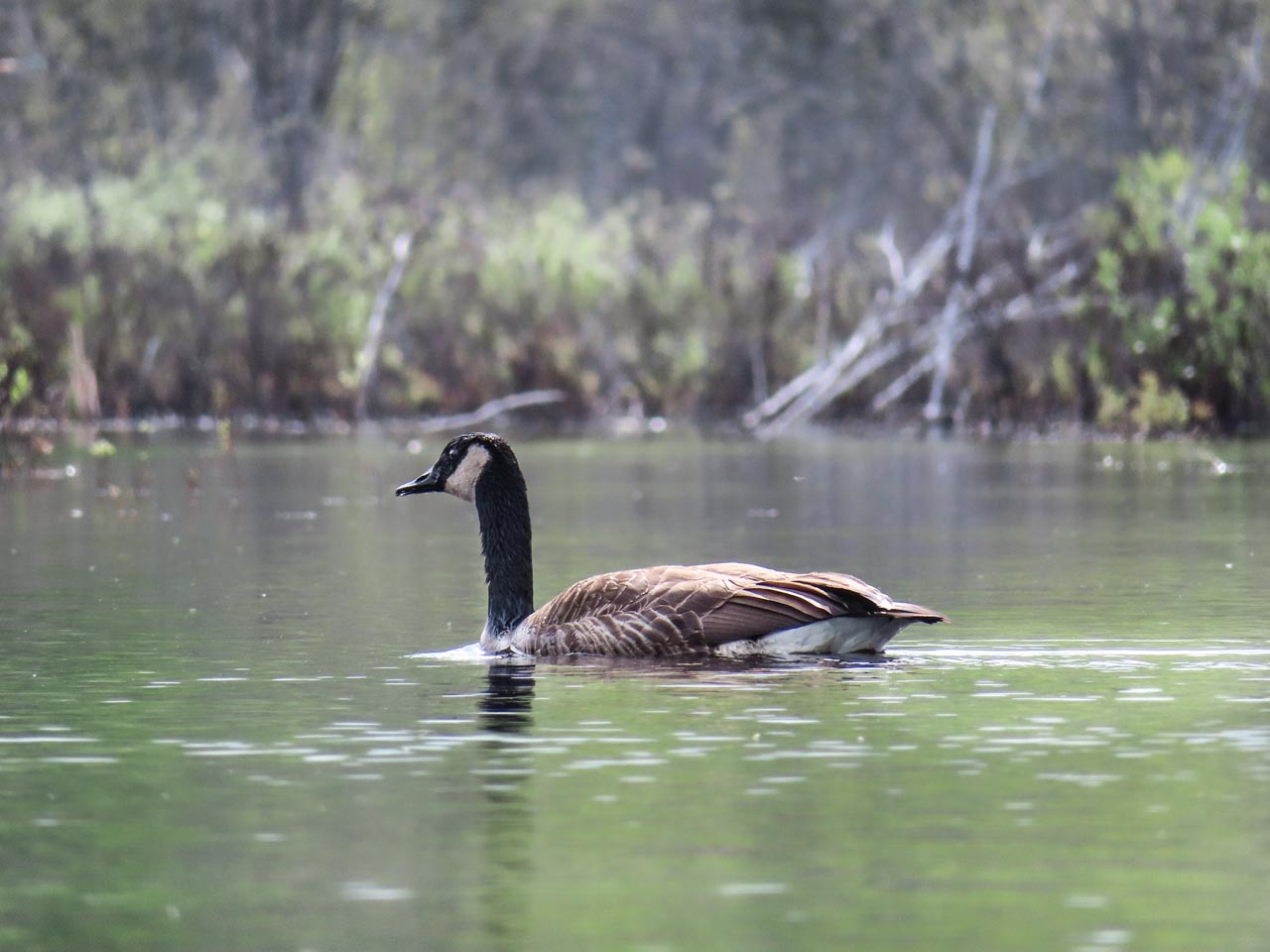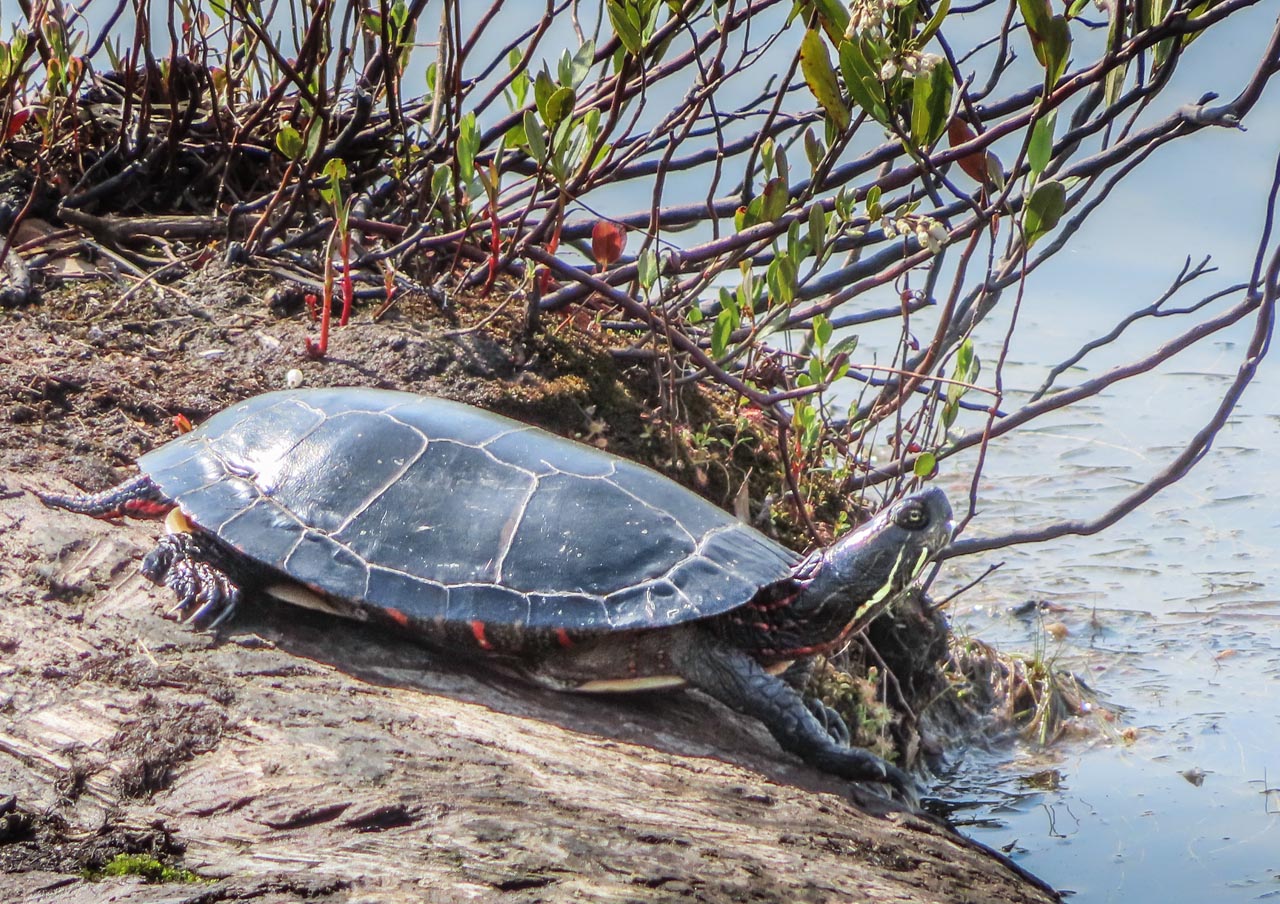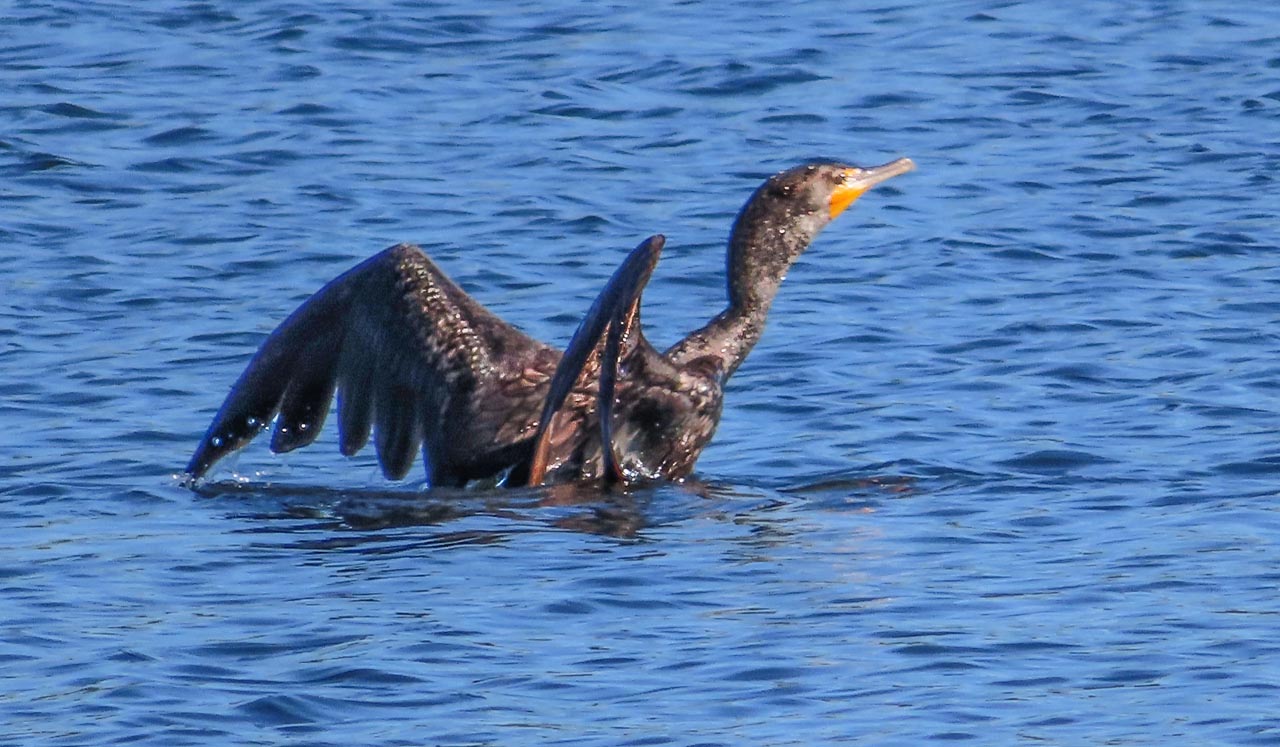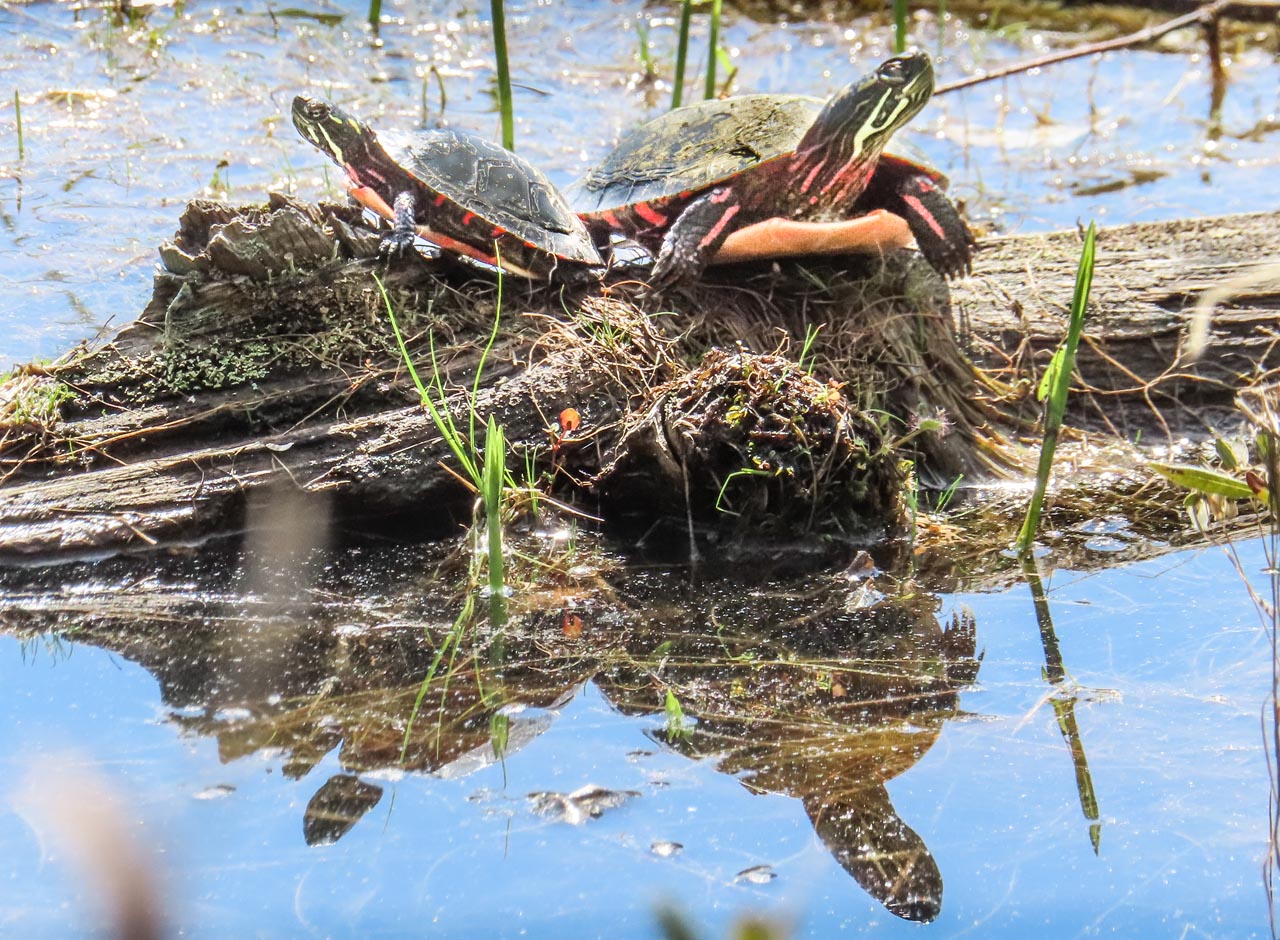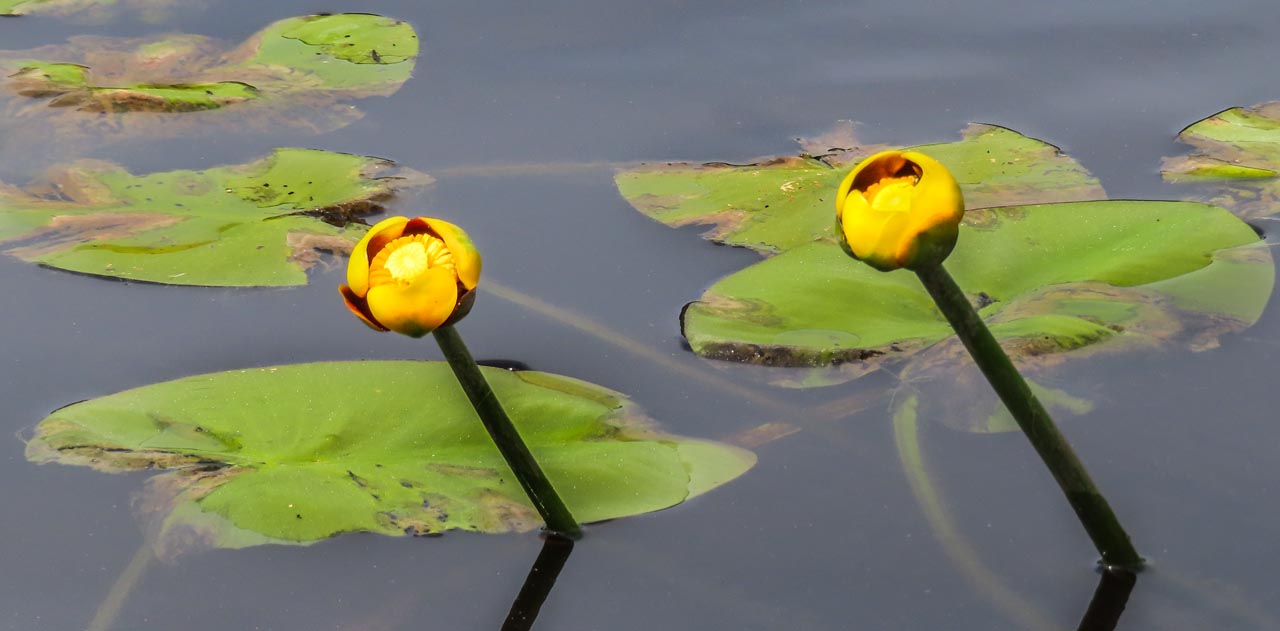Alex Baumann certainly doesn’t
profess to have all of the answers.
Living these days some 14 time zones ahead
of his former stomping grounds in Northern Ontario, the
double gold-medal winner at the 1984 Summer Olympics in
Los Angeles receives nuggets of information via LinkedIn
or other social media outlets. Sure, his 14 years of competitive
swimming at the Laurentian Pool whose name is a testament
to the accomplishments of Baumann and longtime coach Jeno
(Doc) Tihanyi allows for a certain awareness of the importance
of the facility to the region. And
as the former head of the Canadian Olympic Committee Summer
Olympic Program (2006 to 2012) and recently named CEO
of Swimming Australia, it’s fair to say that Baumann
knows a thing of two about the inner workings of his sport.
He hasn’t called Sudbury home since
1991, but one would have to think that his words still
carry some weight in the swim community, pretty much anywhere
around the globe. “I don’t
know the details and wouldn’t want to comment on
that, and I understand financial challenges, but I think
it’s a shame, really unfortunate with where we are
right now,” said Baumann, asked for an initial take
on the fact that his beloved home pool has sat swimmer-free
since last March, dealing with a shutdown that is not
entirely pandemic related.
In fact, currently, there is very little
certainty or knowledge about what long-term plans exist
for the only 50-metre facility of its kind between Markham
and Thunder Bay. In that sense, Baumann is very much in
his comfort zone elaborating on the importance of the
Laurentian pool, for a whole variety of reasons, many
tied into the knowledge of swimming within both countries
that he holds dear.
“Just like in Sudbury, with so many
lakes, in Australia, we have a lot of water,” he
stated. “It’s a continent surrounded by ocean.
There is an imperative to ensure that young kids learn
how to swim properly. In Queensland, it’s often
part of the school curriculum. Australia really excels
with the Learn to Swim program.
“Learn to Swim is very profitable
here, there’s no doubt. It’s a bit different
from what you see in Canada.”
Of course, there are the more soft-sell
components of arguments to be made regarding the benefits
of a vibrant and active swim community on the LU campus.
“I believe in the history, the legacy,”
said Baumann. “There have been so many national
champions. I strongly believe in role models. Our philosophy
in high performance with Swimming Australia was to win
when it matters to inspire a nation.
“In my new role, there is a mix
of participation and high performance, but ultimately,
if you want to be a world leading organization, you have
to excel at both and have sustainability.”
Clearly, Baumann is no more able to dive
into the numbers that matter in that regard when it comes
to the Laurentian pool than folks who are a lot closer
to the action in the Nickel City. Nor is he inclined to
attempt such a deep dive. But as overseer of all things
swimming in the land down under, he certainly understands
the basic concepts of pool sustainability.
“It’s really a matter of having
a depreciation component built into your planning process,”
said Baumann, as discussion turned to the eye-popping
numbers being floated regarding the expected cost to upgrade
and maintain the Laurentian site. “If you don’t
plan for renovations and such, then you get to a point
where you really take a hit, and nobody has the resources
to deal with that.
“I understand that grants and such
are one-offs, but you have to build in planning. Otherwise,
you really shouldn’t go ahead with any facility
if you don’t have that somehow built in.”
It might seem like Baumann is making this
sound somewhat easier said than done, though perhaps that
is simply a by-product of the world in which he now lives.
“In the Gold Coast area alone (population
of roughly 550,000), we have about 15 to 18 50-metre pools,”
he said. “Australia is a swimming nation, there’s
no doubt.”
The current Jeno Tihanyi Olympic Gold
Pool is clearly not the only swim facility in town. Unfortunately,
all of the local pools were essentially constructed between
a span of 15 years or so (1967 to 1982, with the exception
of the Sudbury YMCA), meaning they are all aging at approximately
the same rate. If long-term decisions
need to be made regarding which facilities should remain
open and which doors can be shuttered in a move towards
greater efficiency, Baumann is among those who see this
as a bit of a no-brainer.
“From a Learn to Swim perspective,
you don’t necessarily need a 50-metre pool, but
if you want to get into the elite side of swimming, that’s
another matter,” he said.
“I think Laurentian is important
from a regional perspective. I don’t think that
means that the elite swimmers in the North have to come
there full-time, but it can certainly be a hub for regional
training.”
In fact, there is no denying that the
LU venue is far and away the largest contributor to sport
tourism revenues for the city when it comes to swimming
competitions, hosting the North East and Central Region
long-course championships annually, and not all that far
removed from competently playing host to OUA championships.
While it is a separate issue from the
pool, the demise of the Laurentian Voyageurs swim team
understandably hit home with Baumann, as both he and his
brother, Roman, claimed national titles during their time
as students at the institution where their father taught.
“When I was there, the swim team
attracted athletes to study in Sudbury,” he said.
“I feel for the athletes.”
His is an empathy borne of understanding
just how important a role the pursuit of aquatic excellence
played in his life.
“I have tremendous memories of the
14 years I swam at Laurentian,” said Baumann. “That
was an incredible opportunity for our family, when we
moved to Sudbury.”
Let’s hope that it’s an opportunity
that remains, for many new families to come.
Randy Pascal is That
Sudbury Sports Guy. Read his columns regularly in The
Sudbury Star.
|










219.jpg)




